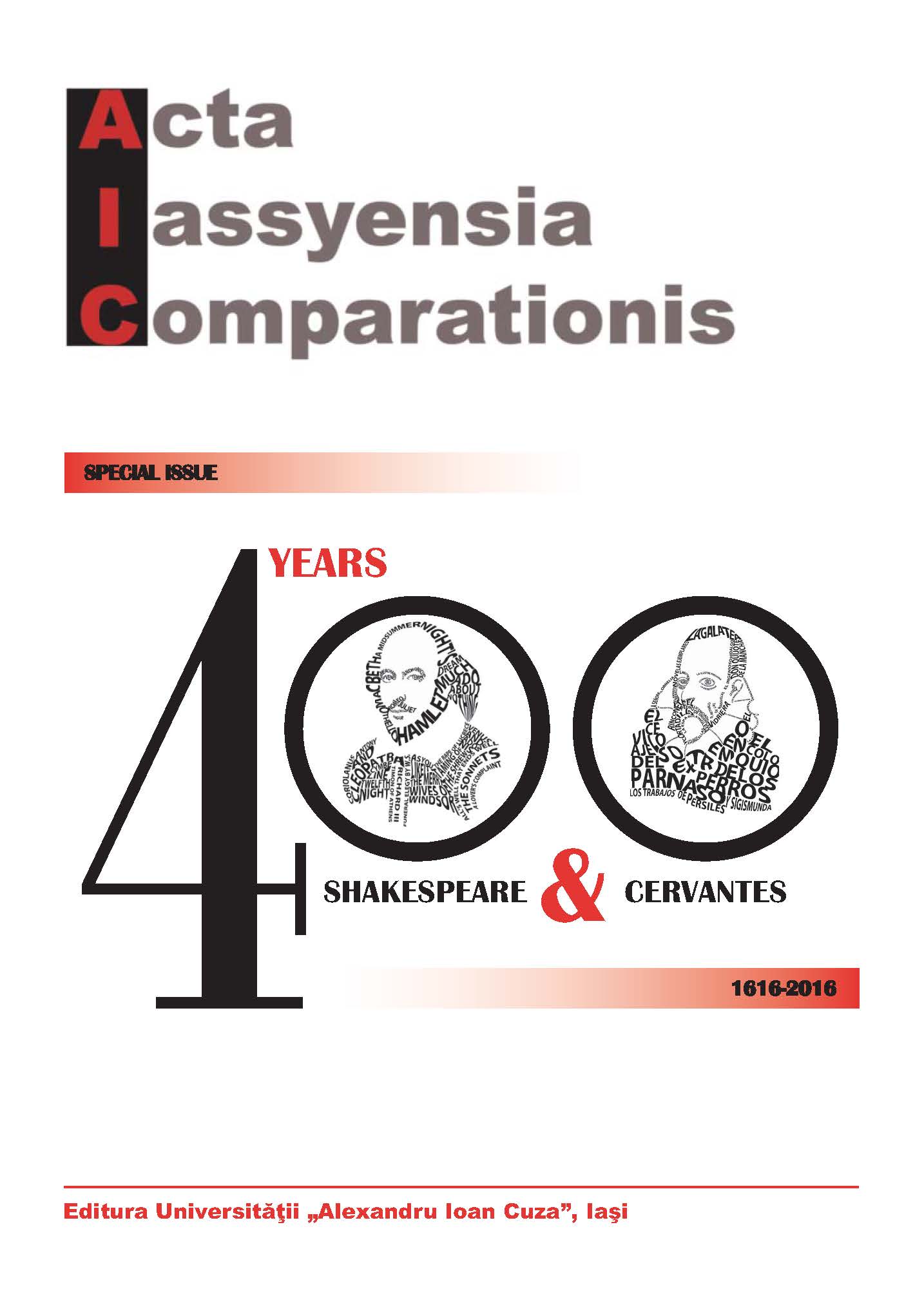“A Pound of Flesh as Forfeit”. Deconstructive Patterns in The Merchant of Venice
“A Pound of Flesh as Forfeit”. Deconstructive Patterns in The Merchant of Venice
Author(s): Elena CiobanuSubject(s): Studies of Literature
Published by: Editura Universităţii »Alexandru Ioan Cuza« din Iaşi
Keywords: Jewishness; Christianity; discourse; identity; law; subversion;
Summary/Abstract: Shakespeare’s ‘anti-Semitism’, as manifested in one of his most ideologically controversial plays, The Merchant of Venice, has been intensely debated throughout the centuries and continues to be, now more than ever, a most intriguing issue. Analytical approaches have variously inclined towards one or the other side of the debate, by constructing Shylock sympathetically or by condemning him for his excessive hatred. Critics like Harold Bloom, James Shapiro and John Gross believe that the play is rampantly anti-Semitic. In the opposite camp, a recent study by Martin Yaffe proposes that, on the contrary, the play should be seen as pro-Jewish, since Shylock is nothing more than a bad Jew who cannot be representative for his race. Everybody agrees on the fact that we can hardly speculate as to Shakespeare’s own attitude towards Jews, for his personal views are notoriously absent from his texts. Yet he could not have constructed such a character without taking into account all the prejudices and clichés of his time, which he re-moulds in his play until they are turned into uneasy questions haunting the minds of readers and audiences. Our linguistic and stylistic analysis focuses on the ways in which religious enmity is transmuted and taken to a climactic development through a financial and legal dispute based on an intransigent logic of usury fuelled by an inexpressible spite. Jewishness and Christianity confront each other through a secular law that is indifferent to their spiritual tenets and that equally menaces them both. It is the blind rejection of the other that deconstructs both perspectives and paves the way for a future transcending synthesis which, like the pale lead praised by Bassanio, no longer hides errors beneath deceiving ornaments.
Journal: Acta Iassyensia Comparationis
- Issue Year: 3/2017
- Issue No: Special
- Page Range: 1-9
- Page Count: 9
- Language: English

